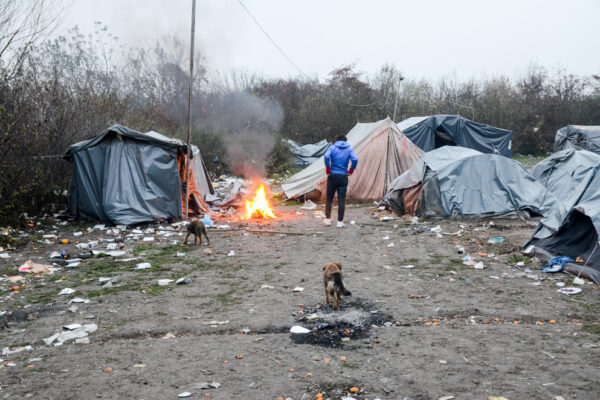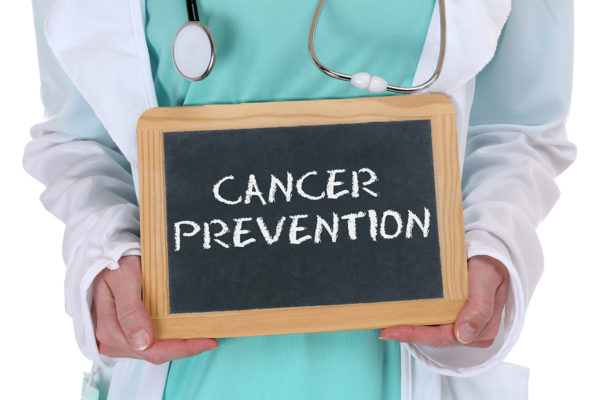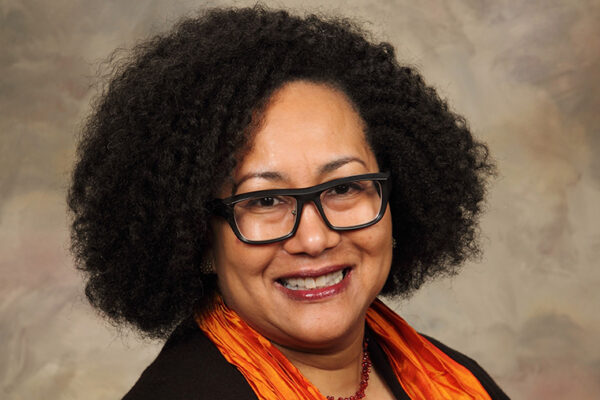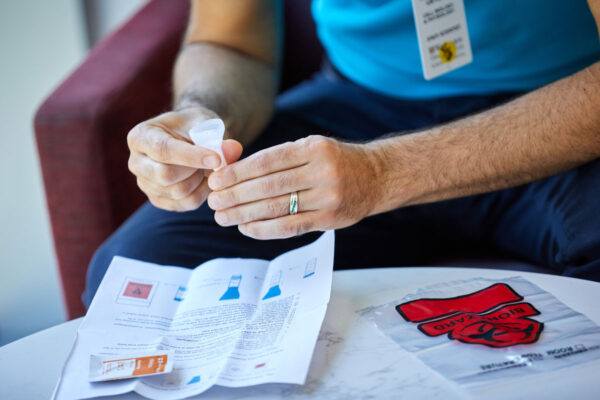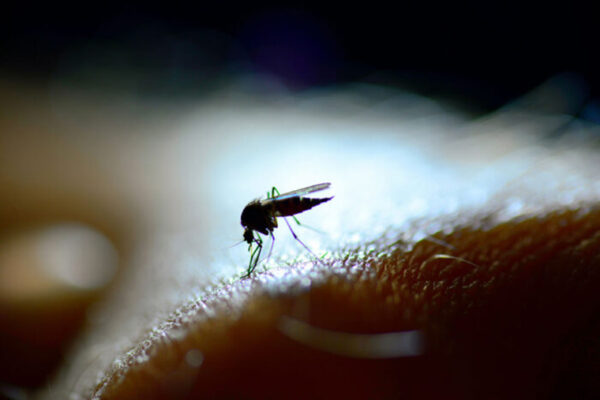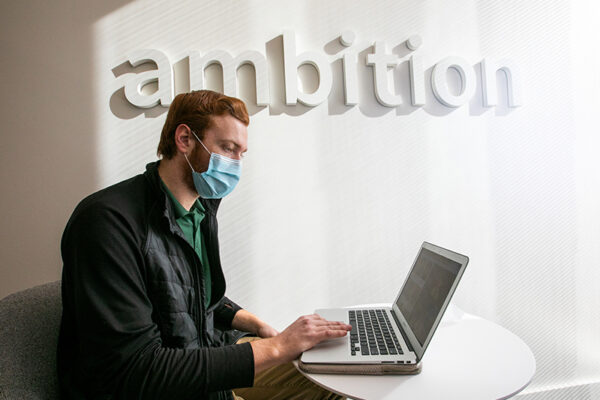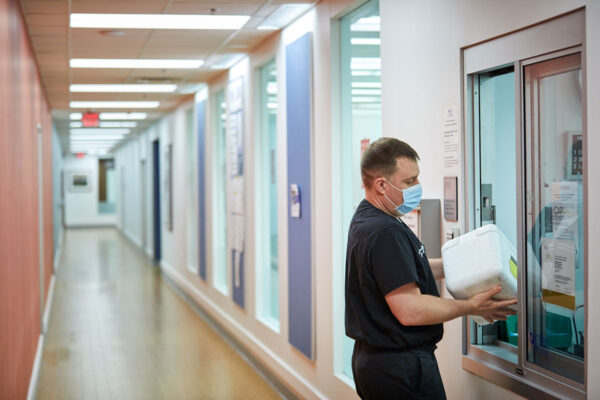Adolescent girls at high risk of violence in humanitarian settings
Adolescent girls face elevated risks of gender-based violence in humanitarian settings. While some interventions exist, more needs to be done to ensure that global efforts to end gender-based violence include a focus on adolescent girls, finds a new study from the Brown School at Washington University in St. Louis.
Innovative training program boosts expertise in putting cancer research into practice
Washington University’s Mentored Training for Dissemination and Implementation Research in Cancer program, the first of its kind in cancer prevention and control, has resulted in an uptick in skills, grants, publications, networking and even some practice changes.
Davis stepping down as vice provost for faculty affairs and diversity
Adrienne D. Davis, vice provost for faculty affairs and diversity and the William M. Van Cleve Professor of Law at Washington University in St. Louis, is stepping down May 31 from her position in the provost office.
Young people with disabilities focus of COVID-19 testing grant
School of Medicine researchers have received a grant allowing them to offer 50,000 saliva tests for the SARS-CoV-2 virus to students, teachers and staff in the six special education schools operated by the Special School District of St. Louis County.
Solving for nuclear structure in light nuclei
Saori Pastore, assistant professor of physics in Arts & Sciences at Washington University in St. Louis, helps explain what happens in nuclei when they decay, scatter among each other or come into contact with subatomic particles. Her recent paper, “Weak Transitions in Light Nuclei,” published in Frontiers in Physics, contributes to a body of increasingly accurate, descriptive calculations of nuclear structure and reactions.
Lethal brain infections in mice thwarted by decoy molecule
School of Medicine scientists have identified a molecule that protects mice from brain infections caused by Venezuelan equine encephalitis virus, a mosquito-borne virus notorious for causing fast-spreading, deadly outbreaks in Mexico, Central America and northern South America.
Widening income gap means less grocery variety for all
Even before COVID-19 and resulting shutdowns created gridlock for some global supply chains, the assortment at many neighborhood supermarkets was dwindling. The cause was not a lack of supply, though, but rather a lack of demand created by a widening income gap in the U.S., according to a new study involving a Washington University in St. Louis researcher.
Quantum tunneling pushes the limits of self-powered sensors
Using quantum tunneling, the lab of Shantanu Chakrabartty, at the McKelvey School of Engineering at Washington University in St. Louis, has developed self-powered sensors that can run for more than a year.
Recruiting during a pandemic
The Class of 2025 at Washington University in St. Louis will be talented, driven and diverse — of this Ronné Turner, vice provost for admissions and financial aid, is certain. But the hard work of recruiting and admitting students during this unprecedented admission cycle won’t be easy. Turner and Emily Almas, director of admissions, discuss how the pandemic has changed the admissions landscape.
Study: Respiratory failure in COVID-19 usually not driven by cytokine storm
A study led by School of Medicine researchers showed that, contrary to expectations, most people with severe COVID-19 do not suffer from unbridled inflammation. The findings suggest that anti-inflammatory therapies may not be helpful for most COVID-19 patients.
View More Stories
